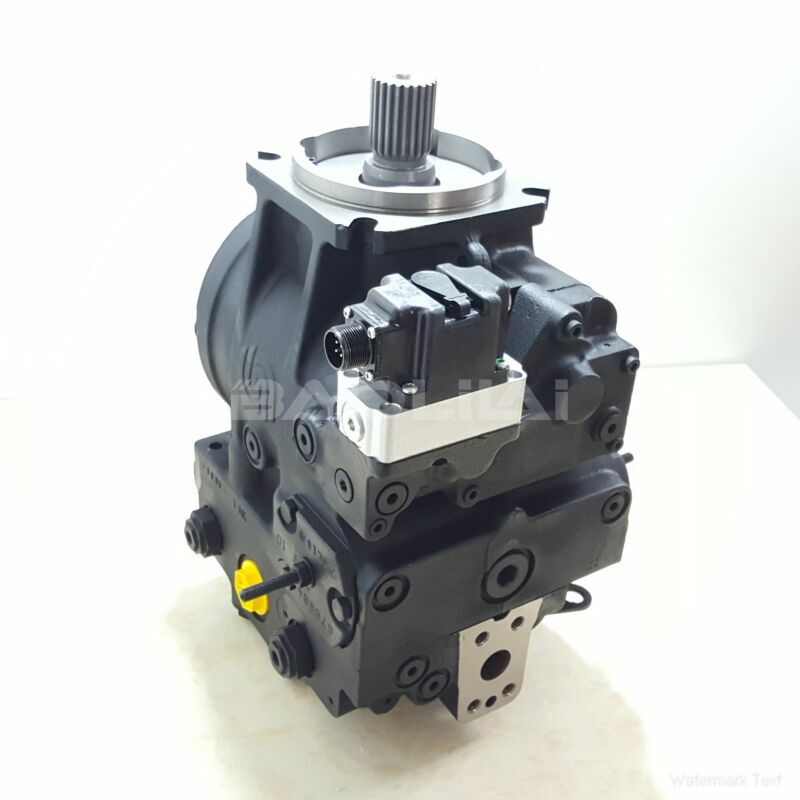90R100MA1BC60S3S1E03GBA353524 sauer danfoss pump
90R100MA1BC60S3S1E03GBA353524 sauer danfoss pump

- Product Details
- Applicable Scene
In the realm of modern wastewater management, hydraulic pumps play an indispensable role in ensuring the efficiency and effectiveness of sewage treatment facilities. These pumps are essential for transporting wastewater through various stages of treatment, making them a critical component in preserving public health and protecting the environment.
90-R-100-MA-1-BC-60-S-3-S1-E-03-GBA-35-35-24
90R100MA1BC60S3S1E03GBA353524
One of the primary functions of hydraulic pumps in sewage treatment is to move raw sewage from the collection system to the treatment plant. This initial stage is crucial, as it determines the flow rate and consistency of the sewage being processed. The reliability of hydraulic pumps ensures that wastewater is efficiently channeled into the treatment process, preventing overflow and potential pollution of surrounding areas.

83023299
Once the sewage reaches the treatment facility, hydraulic pumps continue to serve multiple purposes throughout the treatment process. They are tasked with moving water between different treatment stages, such as screening, sedimentation, and biological treatment. Each of these processes is vital for removing contaminants, including solids, nutrients, and pathogens, from the sewage. The ability of hydraulic pumps to manage these transfers smoothly directly impacts the overall efficiency and effectiveness of the treatment facility.
Moreover, hydraulic pumps contribute to energy efficiency within sewage treatment plants. Modern pump designs often include variable speed drives that allow for precise control of flow rates. This adaptability not only reduces energy consumption but also minimizes wear and tear on the system, extending the lifespan of operational equipment. By optimizing energy use, sewage treatment facilities can lower operational costs, which is particularly beneficial in an era where sustainability and budget constraints are paramount.
Another important aspect of hydraulic pumps is their resilience in dealing with challenging conditions. Sewage is often laden with debris, oils, and other harsh materials that can cause mechanical failure in less robust systems. Hydraulic pumps are designed to handle these conditions, ensuring continuous operation and reducing downtime. This reliability is essential, as sewage treatment facilities are tasked with maintaining public health and environmental safety, and any disruption in service can lead to significant consequences.





